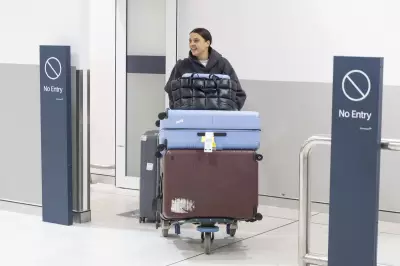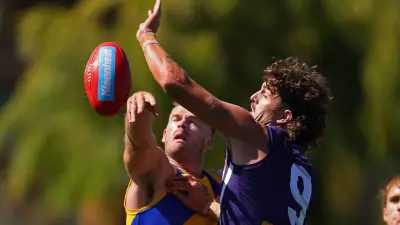
The dramatic fall from grace of former Western Australian fast bowler Arron Wesley Crawford has taken another troubling turn, with the one-time cricket star now facing serious legal consequences as a member of the Budding Rock Machine outlaw motorcycle gang.
Crawford, who once represented Western Australia in cricket circles, has traded his whites for bikie colours and is currently serving parole for his involvement in a violent home invasion that shocked the community.
From Sporting Hero to Bikie Enforcer
The 34-year-old's journey from promising cricketer to convicted criminal reads like a cautionary tale. Where he once focused on perfecting his bowling technique, Crawford now finds himself navigating the strict conditions of parole following his conviction for the aggravated home invasion.
Court documents reveal the former athlete was involved in a terrifying incident where armed men forced their way into a private residence, leaving the victims traumatised and the community questioning how a sports star could fall so far from grace.
Budding Rock Machine Connections
What makes Crawford's story particularly alarming is his confirmed affiliation with the Budding Rock Machine outlaw motorcycle gang. Law enforcement sources indicate the gang has been expanding its presence in Western Australia, with Crawford's case highlighting their recruitment of individuals with previously clean records.
"This demonstrates how these organisations prey on vulnerable people, even those who've enjoyed success in legitimate pursuits like professional sports," noted one crime expert familiar with the case.
Parole Conditions and Ongoing Supervision
Despite his gang affiliations, Crawford remains under strict parole supervision. The conditions of his release mandate regular check-ins with authorities and prohibit association with known criminals – a challenging requirement given his motorcycle gang connections.
Legal experts suggest that navigating these conditions while maintaining bikie ties creates an almost impossible balancing act that often leads to parole violations and return to custody.
The broader implications of Crawford's case extend beyond his personal downfall. It raises serious questions about athlete transition programs and the support systems available to sports professionals when their playing careers end.
As Crawford continues his parole journey, the Western Australian community watches with mixed emotions – remembering the promising fast bowler he once was, while confronting the reality of the man he has become.






